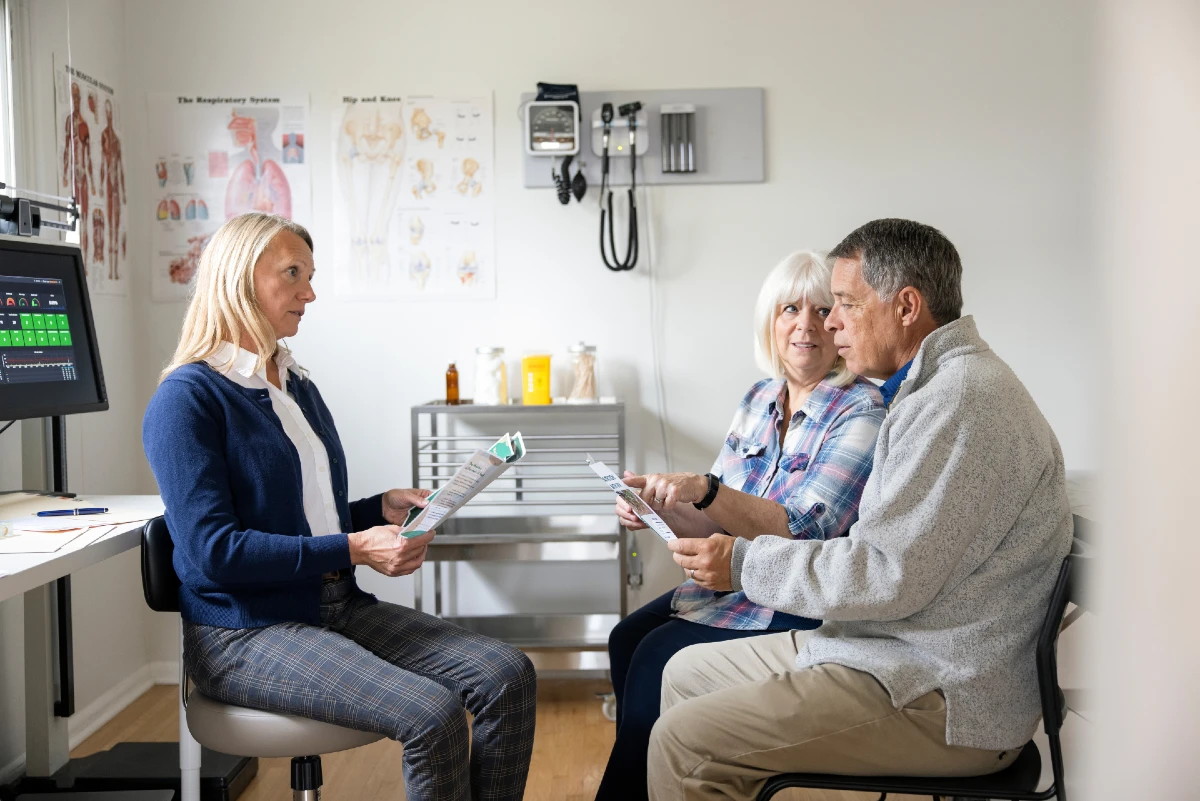We use cookies to help provide you with the best possible online experience.
By using this site, you agree that we may store and access cookies on your device. Cookie policy.
Cookie settings.
Functional Cookies
Functional Cookies are enabled by default at all times so that we can save your preferences for cookie settings and ensure site works and delivers best experience.
3rd Party Cookies
This website uses Google Analytics to collect anonymous information such as the number of visitors to the site, and the most popular pages.
Keeping this cookie enabled helps us to improve our website.

Chaperone Policy
It is the policy of the practice to respect the privacy, dignity, religious and cultural beliefs of our patients. We are committed to providing a safe, comfortable environment where patients and staff can be confident that best practice is being followed at all times and the safety of everyone is of paramount importance.
There are occasions when patients need to be assessed by a doctor or nurse, and this might involve intimate examinations.
If you wish for a chaperone to be present during your examination, please do not hesitate to ask the clinician, or ask the receptionist by completing our online form when making the appointment.
What is a Chaperone?
A chaperone is a person who serves as a witness for both a patient and a medical practitioner as a safeguard for both parties during a medical examination or procedure and is a witness to continuing consent of the procedure. They are members of the practice team who have completed relevant training and been assessed as competent. You can expect the chaperone to be:
- Pleasant, approachable and professional in manner, able to put you at ease.
- Competent and safe.
- Clean and presentable.
- Confidential.
Why Do We Need Chaperones?
There are two considerations involved in having a chaperone to assist during intimate examinations. Namely for the comfort of the patient and the protection of the doctor/nurse from allegations of impropriety.
What Is An “Intimate Examination”?
Obvious examples of an intimate examination include examinations of the breasts, genitalia and the rectum but it also extends to any examination where it is necessary to touch or be close to the patient for example conducting eye examinations in dimmed lighting or checking a patient’s blood pressure.
Where Will The Chaperone Stand?
The positioning of the chaperone will depend on several factors including the nature of the examination and whether or not the chaperone has to help the clinician with the procedure. The clinician will explain to you what the chaperone will be doing and where they shall be in the room.
The Rights of the Patient
All patients are entitled to have a chaperone present for any consultation, examination or procedure where they feel one is required. Patients also have the right to decline the offer of a chaperone, however the clinician may feel that it would be wise to have a chaperone present for their mutual protection for example, an intimate examination on a young adult of the opposite gender.
If the patient still declines the doctor will need to decide whether or not they are happy to proceed in the absence of a chaperone. This will be a decision based on both clinical need and the requirement for protection against any potential allegations of improper conduct.
Concern About A Chaperone
Patients should raise any concerns via the practice’s usual complaints procedure. You can provide feedback by completing a feedback form
When A Chaperone Is Not Available
There may be occasions when a chaperone is unavailable (for example on a home visit or when no trained chaperone of the appropriate sex is in the building). In such circumstances the doctor will assess the circumstances and decide if it is appropriate to go ahead without one. Alternatively, you may be asked to make another appointment at a mutually convenient time.
